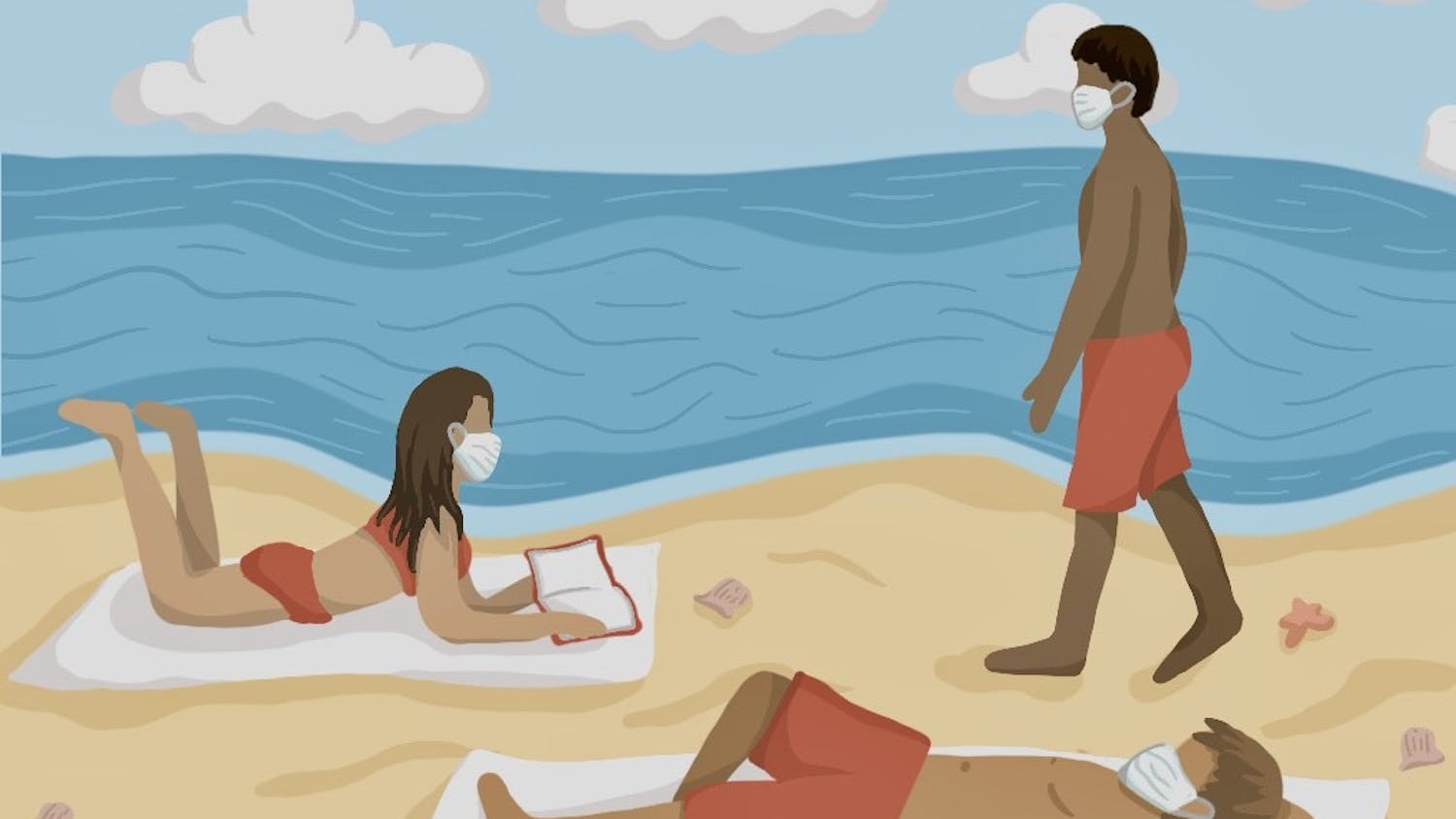Predictably, as March approaches, news outlets will start releasing “shocking exposés” revealing the “dark side of Spring Break” as if we didn’t know drunken college students fall off balconies in Panama City every year. Trend writers would have you believe all students view Spring Break as a weeklong free-for-all, and while this isn’t necessarily true — we have Habitat for Humanity and other things to do, after all — it’s true that alcohol abuse is a pervasive problem in American university culture.
Despite the fact that there’s a wealth of information and resources available to students — at UF we have GatorWell and the medical amnesty policy, for example — binge drinking still happens at an exorbitant rate on campus. According to an Alligator report Monday, one to two alcohol-poisoning transports are reported on campus every weekend, and about 20 to 30 on-campus drunken driving cases occur each year.
Pinpointing the source of college binge-drinking culture is difficult. How big of an impact do parents play in the development of their children’s attitudes toward alcohol? Is the known European model of allowing children to drink with meals effective in reducing alcohol abuse later in life? Do the minimum-age laws for alcohol purchase really make a difference when it comes to college binge drinking?
The answers are complicated. A 2009 study in Science Daily reported that parents who adopted a relaxed attitude toward allowing their children to drink revealed that those children were more likely to binge drink in college. Further research is needed, however — the researcher admitted she didn’t separate students who specifically drank with their parents during meals from those who let their kids drink inside and outside the house.
In regards to the drinking-age limit, some argue the arbitrary age of 21 has no effect on students’ binge-drinking tendencies. If a college student younger than 21 wants alcohol, they reason, he or she has the means to find it.
While this is true, the same logic can be applied to all other areas of the law: hard-drug consumption, illegal firearm ownership and assault. If people want them or want to do them, what is stopping them?
And anyway, researchers have claimed that the minimum drinking age does indeed have an effect on the number of drunk-driving incidents involving young adults.
The Alligator report said, “research, collected since 2006, indicated that the age-21 drinking laws are associated with lower rates of drunken driving accidents and other dangers of excessive drinking.”
Clearly, a myriad of factors contribute to college students’ binge drinking tendencies.
For now, all we can do is keep the drinking age at 21 and hold parents accountable for helping their children develop healthy attitudes toward alcohol. That moderation is paramount, for both your safety and health.
[A version of this editorial ran on page 6 on 2/27/2014 under the headline "Age and attitude: What accounts for alcohol abuse?"]





